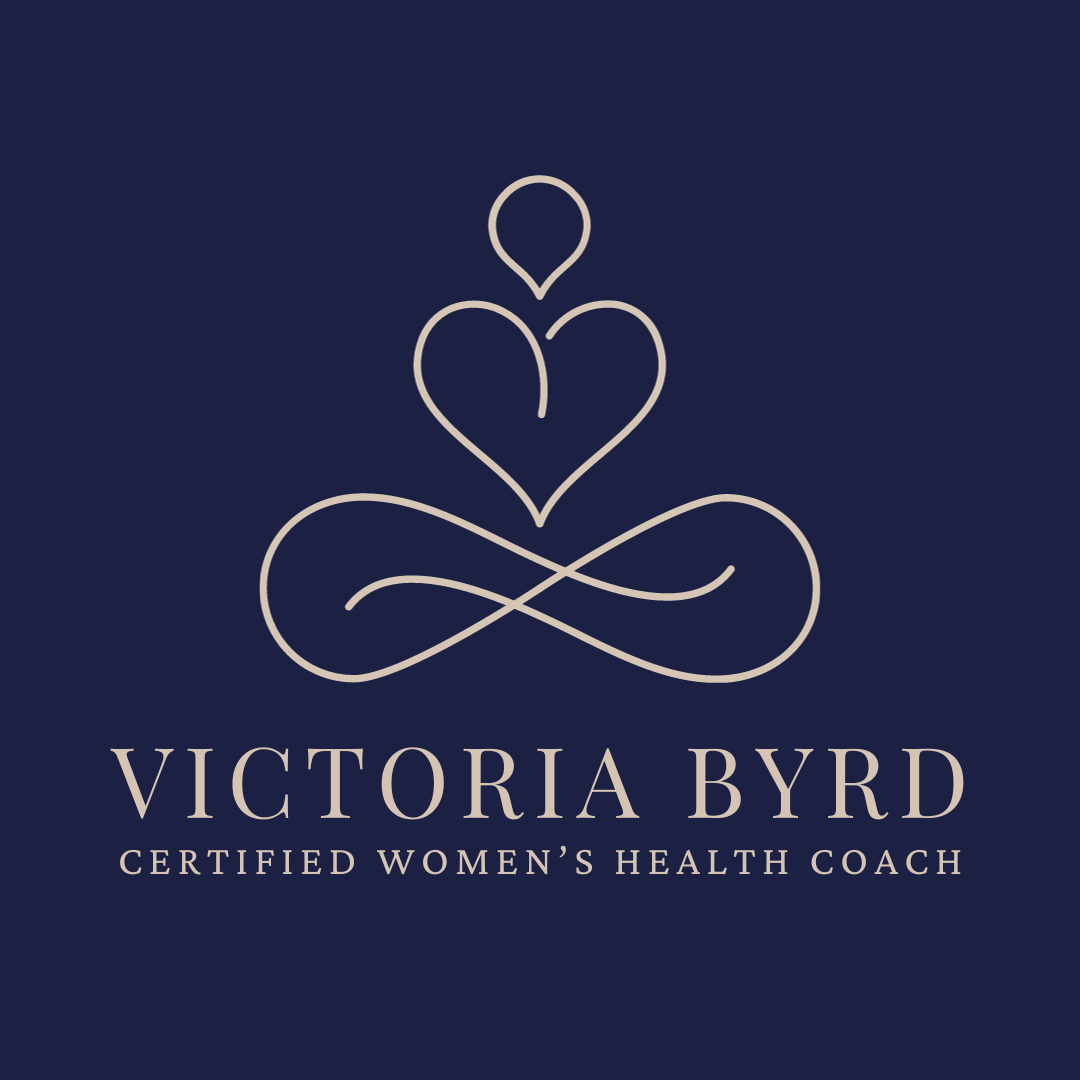Why Can’t I Sleep? Understanding Midlife Sleep Disruptions in Perimenopause
Sleep. It’s the foundation of our energy, our mood, our metabolism, and our resilience, but if you're a midlife woman navigating perimenopause, quality sleep can suddenly feel like a thing of the past. If you're waking up at 3 a.m. with racing thoughts, drenched in sweat, or simply staring at the ceiling, wondering what is happening to me? you’re not alone.
As a pharmacist and integrative women’s health coach, I work with women every day who feel frustrated, defeated, and downright exhausted by the invisible toll poor sleep takes during the menopause transition.
Let’s unpack what’s really going on, and more importantly, what you can do about it.
The Hormonal Storm Behind Your Sleepless Nights
Perimenopause marks the transitional years before menopause, typically beginning in your 40s (but sometimes as early as your 30s). One of the earliest and most disruptive signs? Changes in sleep.
According to the Menopause Society, up to 47% of women in perimenopause report sleep disturbances- a number that jumps past 60% after menopause.
What’s happening? In short: your hormones are no longer playing nice.
Progesterone, your calming, sleep-promoting hormone, begins a steady decline.
Estrogen fluctuates erratically, affecting your internal thermostat and contributing to hot flashes, night sweats, and mood swings.
The natural rhythm between progesterone and cortisol (your stress hormone) shifts, often leading to those dreaded 3 a.m. “doom drop” wake-ups (coined by Anne Marie at Hot Flash Inc.).
Even if your bedtime routine is dialed in, these internal shifts can throw off your circadian rhythm, impact REM sleep, and lead to persistent fatigue that bleeds into every corner of your day.
Why Traditional Sleep Tips Often Fall Short
It’s not “just insomnia.” While sleep hygiene matters, perimenopausal sleep disruption is hormonally driven. And that means the usual advice (no screens before bed, stick to a bedtime, limit caffeine) might not cut it on its own.
That said, here are evidence-informed lifestyle strategies that do help support sleep during this transition:
1. Cool the Room
Ideal sleep temperature is between 60–67°F. Night sweats thrive in warmth so invest in breathable sheets, cooling pillows, or try sleepwear like Soma’s Cool Nights line.
2. Watch Your Evening Habits
Avoid alcohol, sugar, and refined carbs at night. These can spike your blood sugar, followed by a crash that wakes you up. Instead, eat a dinner rich in protein, fiber, and healthy fats.
3. Shift the Shower
Hot baths or showers before bed raise your core body temp—great for relaxation, but not for sleep. Try bathing earlier in the evening instead.
4. Dim the Lights and Ditch the Blue Light
Two hours before bed, start dimming your environment. Turn off bright overhead lights, reduce screen time, or use blue light filters to encourage melatonin production.
5. Mind-Body Tools Matter
A 2021 study in Menopause Journal found that mindfulness-based stress reduction (MBSR) significantly improved sleep quality. Try journaling, body scans, or box breathing before bed to calm your mind.
6. Track But Don’t Obsess
Wearable devices like the Oura Ring or Fitbit can help track sleep patterns and hormone-related shifts. Just be mindful not to become overly attached to the data.
When to Consider Hormone Therapy
Hormone therapy, particularly micronized progesterone, can be an effective sleep aid and is considered the gold standard for managing vasomotor symptoms like night sweats and hot flashes. If you're under 60 and within 10 years of your final menstrual period, it may be a safe and effective option.
Always consult a qualified menopause-informed provider to explore whether hormone therapy is right for you. Personalized care is essential! There is no one-size-fits-all approach.
Bottom Line: You Are Not Broken
Sleep disruption in midlife is common but it’s not something you just have to accept. Small changes can make a big difference. From cooling your room to tweaking your dinner plate or journaling your thoughts before bed, there are ways to reclaim your rest.
If sleep is something you’re struggling with, you don’t have to figure it out alone. Let’s talk about it. In my Midlife Mastery Clarity Sessions, we dive deep into your sleep, hormones, lifestyle habits, and strategies to support your well-being.
Ready to stop struggling and start sleeping? Book a Midlife Mastery Clarity Session here. Let’s make sleep feel possible again.


